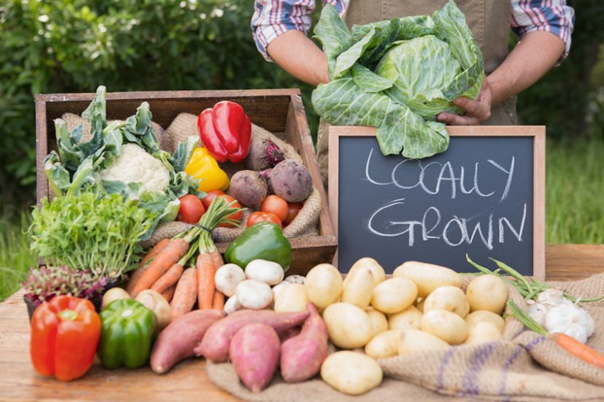Food Improv’iders project aims to provide food producers with fit for purpose knowledge to develop new sustainable food chain models. The ambition is to improve their revenue by shortening their path to consumers and enhance consumers’ satisfaction.
This is achieved in four simple steps.
First, we have investigated food supply chain best practices to rebalance the producers’ position in the food value chain and improve the way we address consumer’s needs for fresh and sustainable produce.
On this basis then, partners have designed and developed learning material to help producers employ on their end fair food chain practices and better understand consumer’s expectations.
The third phase is testing the learning modules with volunteers and receiving their feedback on the features and quizzes so that we can make the content better.
We have built an e-learning platform, which is ready to be used and will soon be promoted to all stakeholders potentially interested in gaining, or improving, knowledge on short food supply chain best practices. This is the main activity that we will continue to carry on until the end of the project and even beyond.
The key actors in making Food Improv’iders successful
are 6 European partners coming from France, Hungary, Slovenia, Italy, Spain and Bulgaria. Namely, Association Nationale des Industries Alimentaires, Eszterházy Károly Catholic Universitу, University of Ljubljana – Veterinary Faculty, University of Parma, Foundation Juana De Vega, and Europroject.
We are joining efforts for a period of three years until the project’s end in August 2023.
Halfway through, we are looking back at how it all began
Food Improv’iders was born from the actual context!
Firstly, traditional models of agriculture are facing ruthless competition from modern industrial agriculture. The price war and the many intermediaries along the food supply chains are squeezing the margins of small and medium producers.
Second comes the growing mistrust of European citizens for processed food products and the development of a particular concern for the environment. This, combined with the above, is leading more and more consumers to turn to local producers to supply themselves with fresh, quality food products.
Thirdly, these alternative short food chain models have shown strong promise to increase the revenue and improve the place of the farmers in society, but their uptake remains marginal and quite often limited to small initiatives.
Lastly, one of the main reasons behind this lackluster adoption is that the EU producers already in operation often have limited training in logistics and customer relations, but also limited time available for education.
Defining success from project’s perspective
We already have increased the knowledge and pedagogical resources available to support producers in the development of innovative food chain models.
What we will further evaluate as a success indicator is the involvement of an increasing number of trained producers in Short Food Supply Chain Models, providing them with higher revenue and enhanced customers’ satisfaction.


